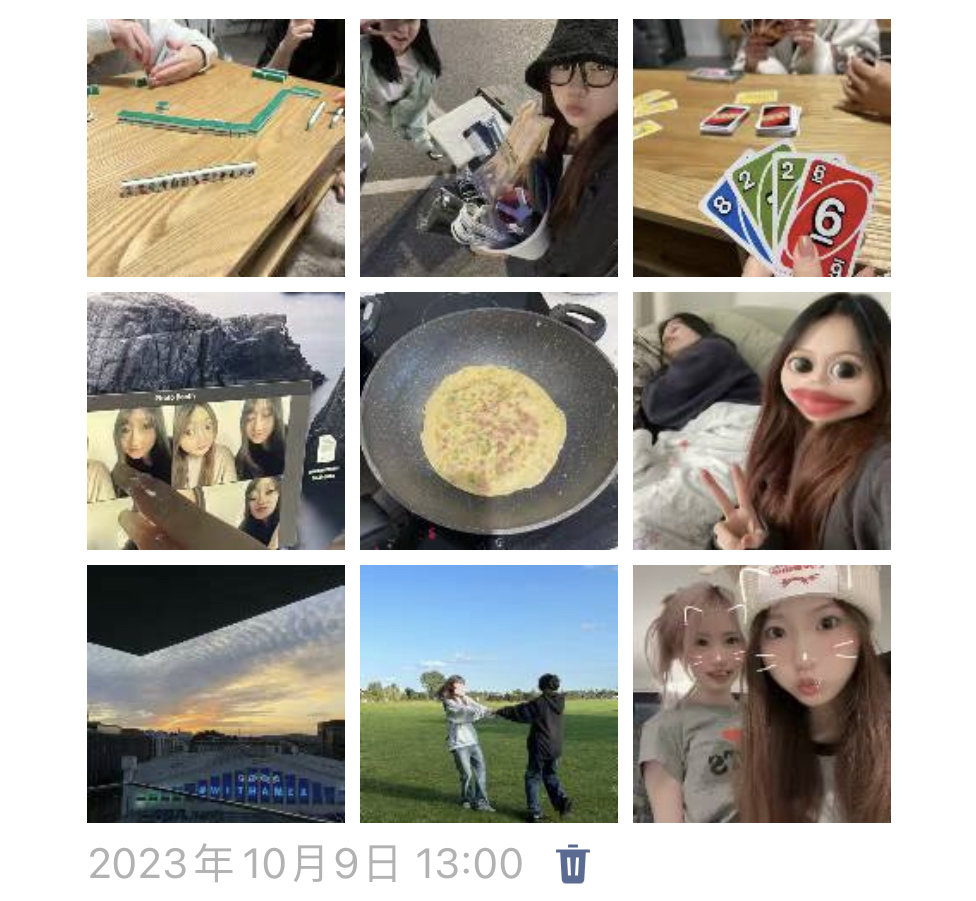The digital world provides a multifaceted environment for individuals to express their identities. Social media platforms, blogs, and online forums offer spaces for self-presentation where individuals can curate their online personas. These digital personas are often a combination of natural and ideal selves. People can choose what to share and keep, displaying different aspects of their identity depending on the platform and the audience. The art of presenting ourselves on these platforms is a delicate dance between being honest and realizing who we want to be. Every photo, every tweet, and every update adds to our online presence.
Influencers’ Virtual Presence
influencers will mold their social media into something more than just a profile. Lisa shapes her digital identity and caters to her followers by selectively sharing content on social media, participating in online communities relevant to her interests, maintaining a professional image on her website, creating content for her audience, managing privacy, ensuring consistency across platforms, and using analytics to understand content. This holistic approach has helped her build a recognizable and authentic online presence.
However, Lisa’s involvement in the Crazy Horse Show, a Korean K-pop girl group known for its artistic and avant-garde performances, runs counter to her established identity as a member of a K-pop girl group. While this may have been a significant opportunity for her to express her artistic side and expand her digital identity, this participation may also have affected how her online audience perceived her, thus affecting her public image. For example, some of her fans could not accept Lisa as a cast member of the Crazy Horse Show, believing it to be a departure from her image of joyful innocence, so different media identity shaping could lead to conflict.
Contact my own digital identity builder

In China, we commonly use social software such as WeChat, TikTok, and Weibo, and the social software I use most often is WeChat. WeChat allows you to group your friends, and from time to time, I give permission to close friends and family members so they can see my personal updates, daily joys, and hobbies that I share on WeChat. However, I would leave the more serious side of me for teachers and some partners who need it for their studies or work. These platforms showcase various facets of our identity, each tailored to a different person. But the truth is that the happy life I share in front of the screen doesn’t exactly match the reality of my study-filled life.
Our online personas are a complex mix of our real lives, our dreams and the characters we want others to see. As we work on character building in the digital world, let’s balance our reality and digital persona and not lose ourselves in the virtual applause. Our goal is a story that reflects all of our colors, creating a digital character that is as rich and authentic as our off-screen lives.




I really like your example of Lisa and her involvement in the Crazy Horse Show, and I totally agree with your idea that different media identity shaping could lead to conflict. Although people always want to present their best identities on social platforms, sometimes it goes against their wishes or brings controversies, especially among public figures.
And I appreciate your personal reflection on the use of WeChat and your personal life because it’s also my reflection. I only post images of food, travel and other leisure (AKA “my life”, not something serious) on my WeChat and I barely post anything about my studies and my internship because I don’t want my family and friends to be affected by my pressure and negative emotions. I am also shaping my different identities to face different groups of people.